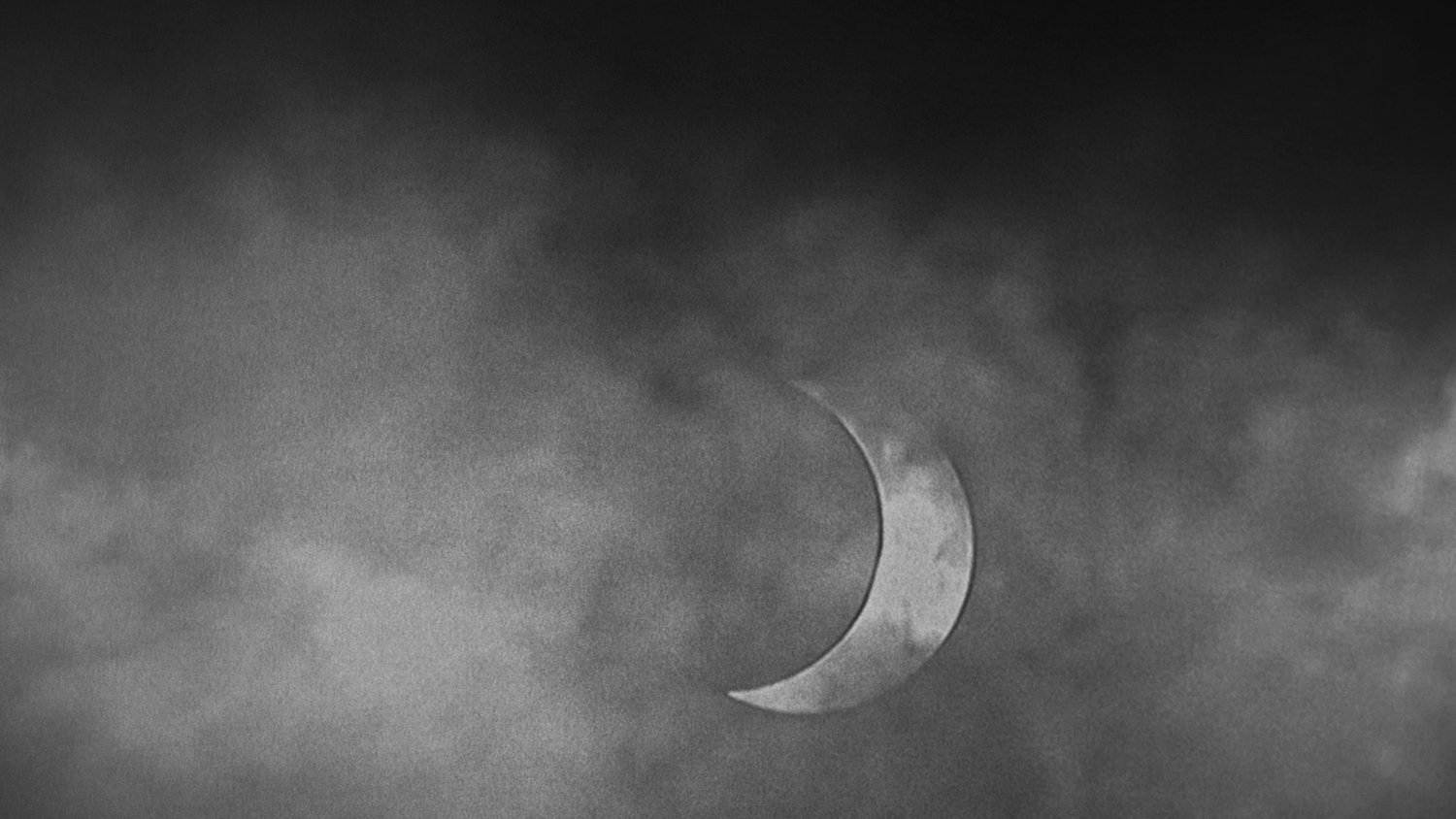The Preservation of Memory in Meteors
Meteors, Gürcan Keltek (2017)
Working in documentary format, Turkish filmmaker Gürcan Keltek has participated in multiple film festivals with his shorts but is better known for his film Colony (2015), which was awarded the Best Newcomer Prize at DokuFest in Kosovo. Meteors, his first feature-length film, blends together elements of documentary, experimentalism and fiction and takes place in the Kurdish regions of Eastern Anatolia.
After a period of ceasefire and two and a half years of negotiations, the third phase of the Kurdish-Turkish conflict broke out late in the summer of 2015 with the cause put down to the murder of a soldier by alleged members of the Kurdistan Workers' party (PKK). Turkey immediately declared the largest military operation in history to take place in the region, against the PKK, initiating a nationwide crackdown on possible targets related to the Kurdish autonomists aimed principally at cities in South-Eastern Turkey. There was no media coverage of these operations and no official reports. The only source of information came from the live streams of almost static videos uploaded anonymously by locals living in the cities under militant curfew. In Meteors, clashes and riots continue for a couple of months, but everything is set to change when a meteor shower targets the same region. A divine intervention, or just a natural coincidence?
Meteors, Gürcan Keltek (2017)


